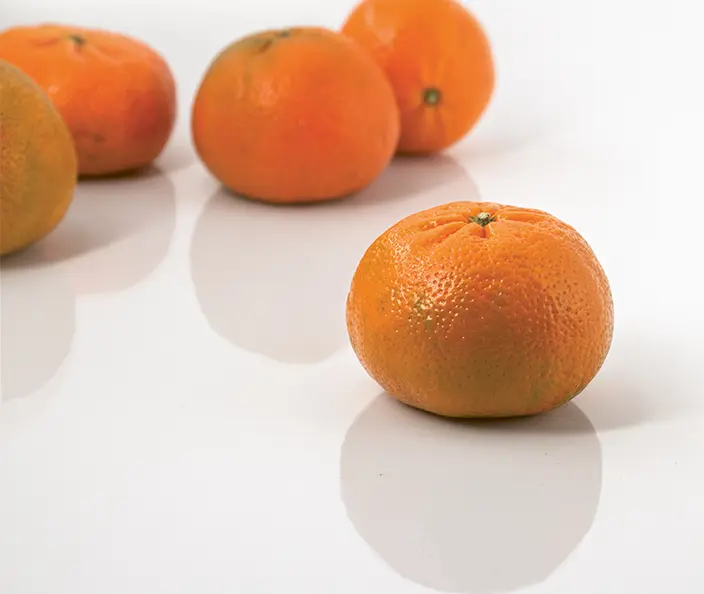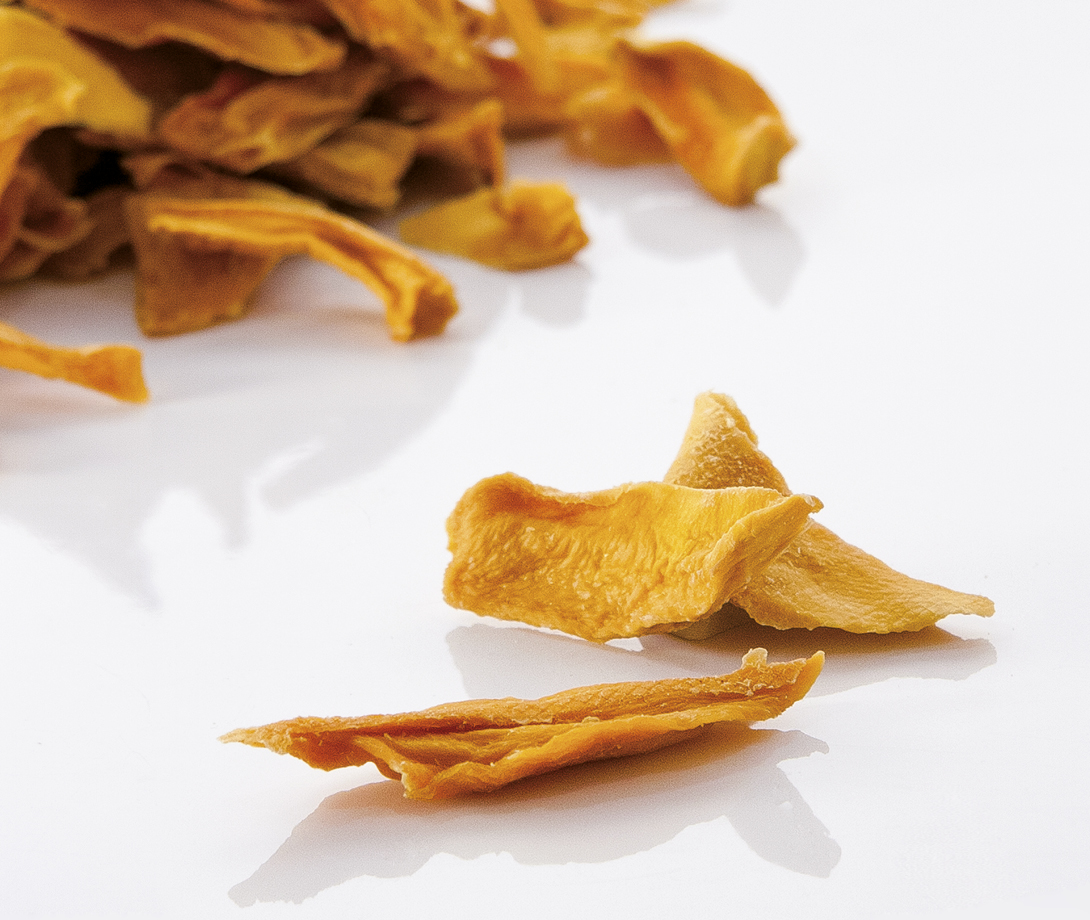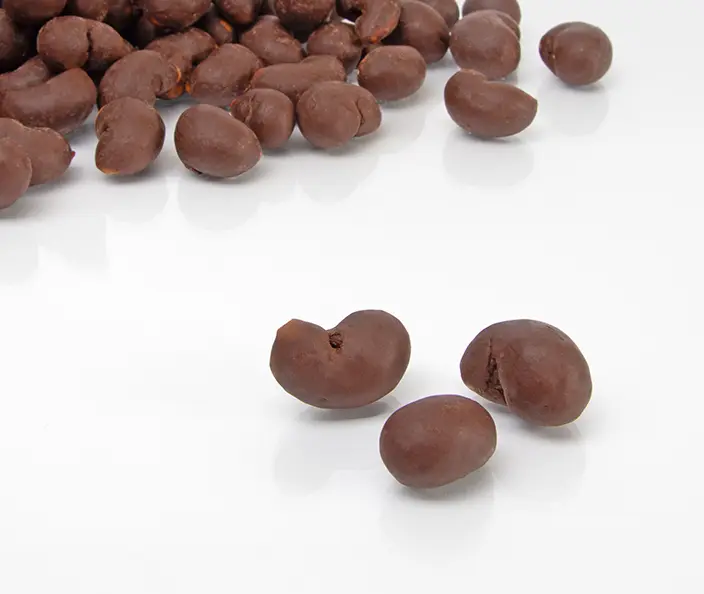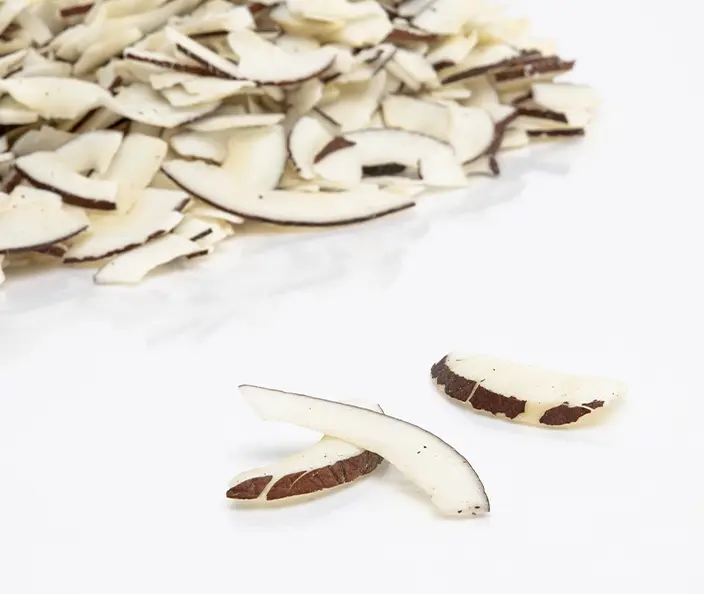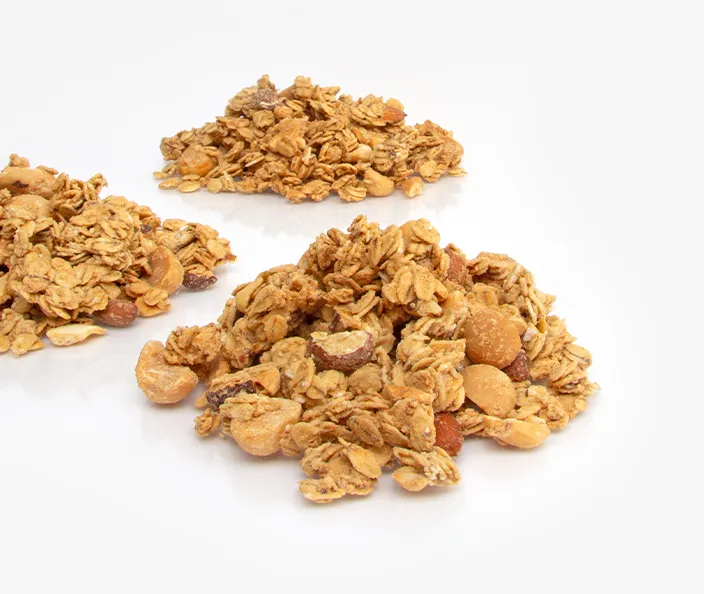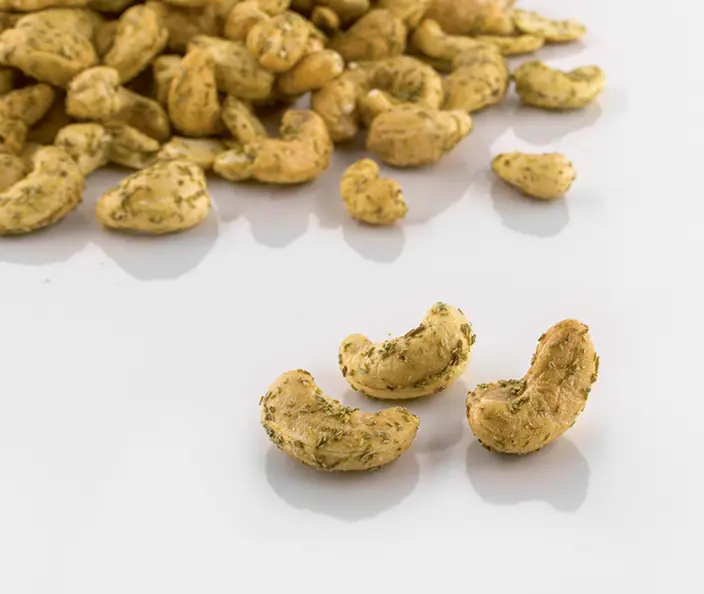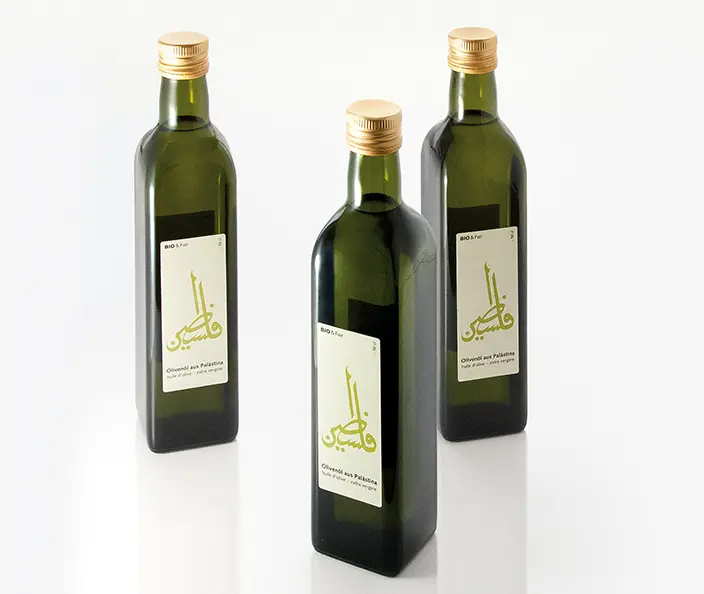Clementines
Organic
Greece
The later the delivery date, the sweeter the clementines taste.
 How much is that?
How much is that?
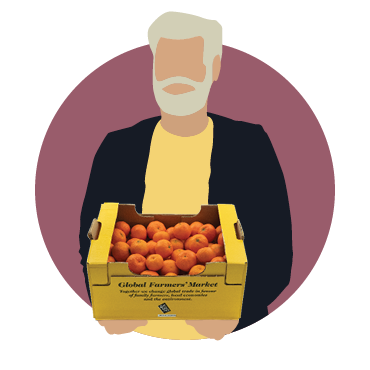
 When will my delivery arrive?
When will my delivery arrive?
| Arrival of the delivery | Order by: |
|---|---|
| November | 10.11.2024 |
 Use & preparation
Use & preparation
New trees are grown by taking branches or cuttings from a mother plant. This type of propagation is a common practice in fruit growing because it's the only way to ensure that the variety remains pure.
However, wild pollinators, such as birds and insects, still visit these fruit trees. The types of pollen they carry to the flowers of a fruit tree and their corresponding properties are purely a matter of chance. Seeds occur as a result of these wild pollinators.
Since family farmers in Greece cultivate small plots adjacent to other crops and are unable to control the flight of insects and birds, our clementines sometimes have seeds. But that doesn't matter – the seeds have no impact on the flavour, which is what really counts in the end.
 Storage & shelf life
Storage & shelf life
Sustainability and supply chain
Kostas Nikolaou
Farmer from Dalamanara, Greece
Because we grow organically, our trees are less susceptible to disease and pests.
"When I noticed that my bees were doing poorly, I became interested in organic farming," says Kostas Nikolau. His wife Sofia Serafim inherited land from her grandmother in 2013. Since then, the pair has grown two different varieties of clementines in these fields. "Ever since we started growing organically, my bees have been doing better and so have the trees. I also achieve better yields with organic fertiliser than I did before. But many farmers either don't know about it or don't believe it."
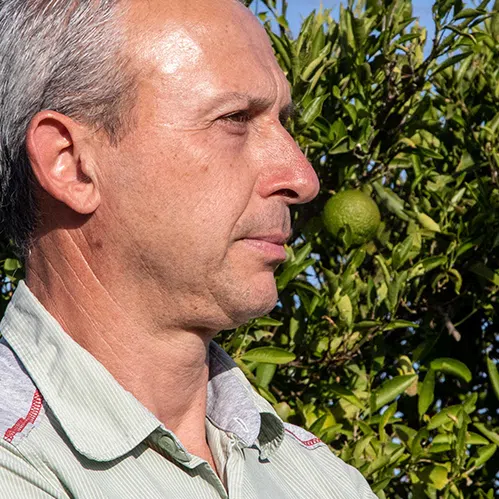
Background
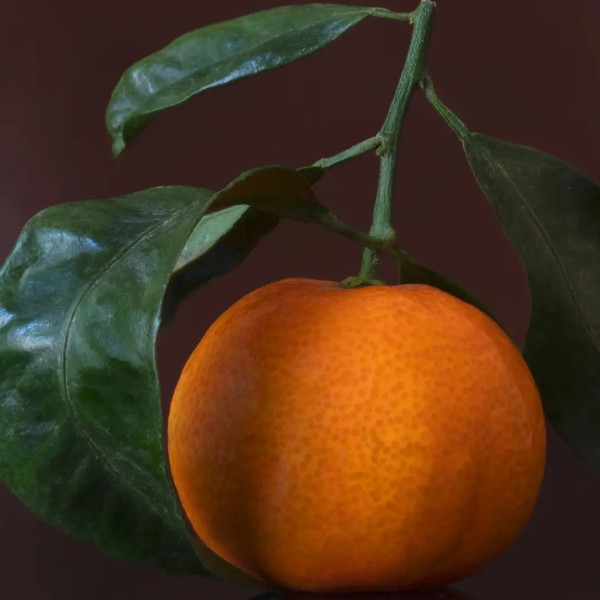
Why are clementines theoretically seedless?
A clementine is a hybrid of a mandarin and an orange. As such, it was created by humans. One result of this crossing was that the seeds disappeared. Clementines wouldn't exist without human intervention. They are unable to propagate without our help.
New trees are grown by taking branches or cuttings from a mother plant. This type of propagation is a common practice in fruit growing because it's the only way to ensure that the variety remains pure.
However, wild pollinators, such as birds and insects, still visit these fruit trees. The types of pollen they carry to the flowers of a fruit tree and their corresponding properties are purely a matter of chance. Seeds occur as a result of these wild pollinators.
Since family farmers in Greece cultivate small plots adjacent to other crops and are unable to control the flight of insects and birds, our clementines sometimes have seeds. But that doesn't matter – the seeds have no impact on the flavour, which is what really counts in the end.

 Login
Login

